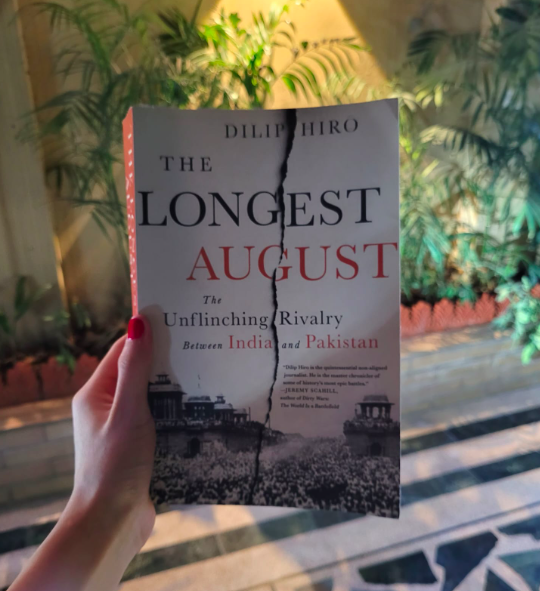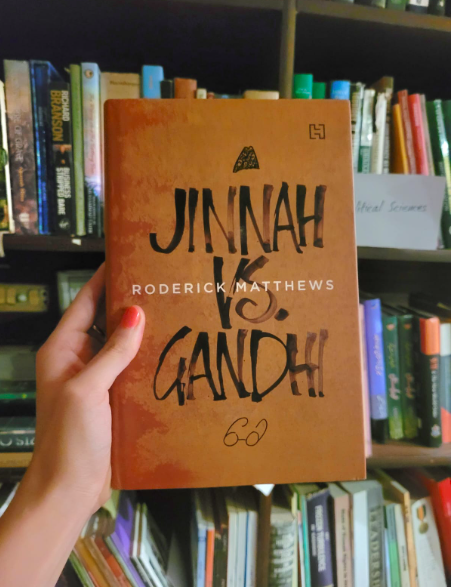Dilip Hiro, is an expert on South Asia that has wrote more than 30 non fictional books on south asia history. In The Longest August he narrates a detailed history of the partition of the two states of India and Pakistan. Hiro describes the antagonistic relationship between the two rivals – India and Pakistan and how the communal bloodbath resulted in the death of millions of people.
The book is divided into twenty chapters but it allows any kind of reader to understand and follow from beginning until end. The book begins by narrating the historical context prior to partition, explaining the pre-partition politics in detail, the efforts of Mohammad Ali Jinnah and Mahatma Gandhi for Hindu-Muslim unity and self-rule in the Indian subcontinent. He describes the personalities of Jinnah, Gandhi, and Nehru and how they played a fundamental role in shaping the outcome that emerged following the end of British rule in the subcontinent. Each of these personalities had a different approach to achieving the desired goals. Jinnah was a staunch constitutionalist, whereas Gandhi was inclined towards unconstitutional means, like civil disobedience.
Since partition, there have been several acute crises between Pakistan and India, including the secession of East Pakistan to form an independent Bangladesh in 1971, Hiro amply demonstrates the geopolitical importance of the India-Pakistan conflict by chronicling their respective ties not only with America and the Soviet Union, but also with China, Israel, and Afghanistan.
Originally published in 2015 The longest August is an useful book that provides exhaustive overview of the main events of partition that any person could use for a better understanding on how everything happened. The book concludes with a pessimistic note, on the growing rivalry between India and Pakistan in Kabul of 2015 and how both countries nurture their relationship with Afghanistan. Hiro also suggests that trade can be a possible solution to the Pakistan and India confront; this could potentially help to bridge the distrust between the two countries.
















